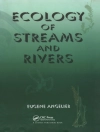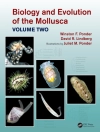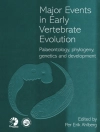Our understanding of disease and the powers of medicine today are unparalleled, and their documentation has increased signficantly. Science is Beautiful collects the most fascinating microscopic photographs of our diseases along with the medicines we use to treat them. These photographs are profoundly fascinating – and also beautiful.
Featured are some of the most illuminating microscopic images of bacteria, viruses and cancers ever captured, now made possible by electron micrograph technology. Potentially fatal diseases such as cancer and Ebola are included, and minor complaints such as Staphylococcus bacteria and dental plaque are shown for their surprising beauty. Other photographs reveal what human cells look like when suffering from Alzheimer's, from osteoporosis, or from HIV. It also uncovers some diseases specific to animals. But there are also dazzling images of the crystals, powders and potions that we take to cure ourselves, including magnified versions of aspirin, insulin, morphine and caffeine.
This collection of images, as beautiful as any artwork, can be enjoyed purely as a visual voyage but also as a way to understand more of the science behind the image, whether it's the work of a meningitis virus, our chromosomes in a cancer cell or the breakdown of painkillers. Each image includes the scale of the photography as well as the scientific details in layman's terms.
Yazar hakkında
Colin Salter is a former theatrical production manager, now a prolific author of literary history. In the course of fifteen years he worked on well over a hundred plays including, of course, many by William Shakespeare. For Batsford he has written 100 Books that Changed the World and 100 Children’s Books that Inspire Our World. He is the author of a biography of Mark Twain and is currently working on a history of the books in one family’s three-hundred-year-old library. He delights in the richness of language, whether William Shakespeare’s or PG Wodehouse’s. He lives in Edinburgh with his wife, dog and bicycle.












